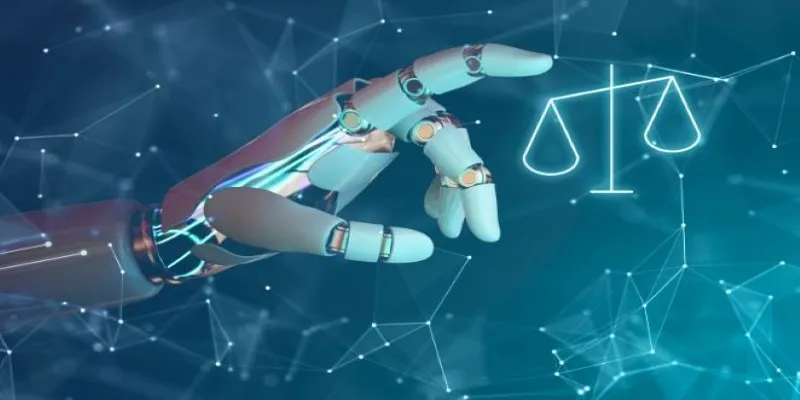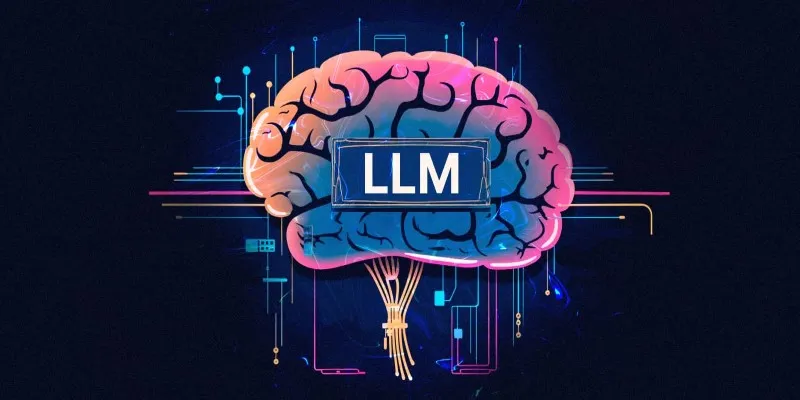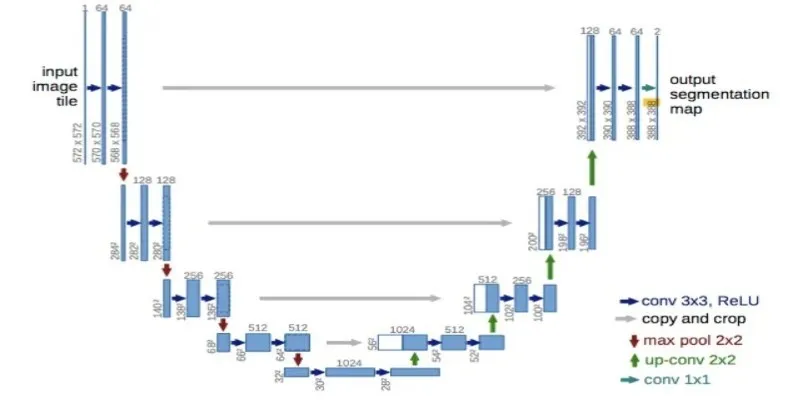Artificial intelligence (AI) is increasingly playing a pivotal role in our daily lives, and Japan is gearing up to enhance its position in this global revolution. SoftBank and OpenAI have announced a collaborative venture aimed at expanding AI capabilities specifically tailored for Japan. This significant partnership focuses on developing advanced tools, including large language models and generative AI, to meet the unique cultural and economic demands of Japanese society. The venture seeks to make AI more accessible and effective, aligning it closely with Japan’s communication and operational styles.
 AI technology designed to suit Japan’s unique cultural and business needs.
AI technology designed to suit Japan’s unique cultural and business needs.
Why Does Japan Need a Local AI Strategy?
Japan has long been a trailblazer in technology, yet it has lagged in AI compared to the United States and China. This lag is partly because most AI systems are developed around English or Chinese, making them less effective in Japanese contexts. SoftBank and OpenAI recognize the importance of creating models that incorporate Japan’s language and customs.
This joint venture aims to develop AI solutions tailored for Japan’s businesses, educational institutions, and public sector. Many Japanese companies emphasize formal communication, customer service excellence, and regulatory compliance, elements often overlooked by imported AI platforms. Local development ensures these factors are addressed while adhering to Japan’s stringent privacy and data laws.
By prioritizing language accuracy and cultural sensitivity, the venture can extend AI’s benefits to industries previously hesitant to adopt it, including customer service, retail, education, healthcare, and government services. Each sector has specific communication and data-handling expectations that a locally developed system can better accommodate.
What Are the Joint Venture’s Objectives?
The collaboration between SoftBank and OpenAI centers on introducing generative AI technologies that feel natural and useful within Japan. A primary goal is to develop Japanese-language large language models capable of answering customer inquiries, drafting documents, and supporting research tasks while respecting Japan’s nuanced formal expression.
Workplace automation is another key focus. Many Japanese companies still rely on manual, paper-based processes, and AI could streamline these operations while maintaining the precision and courtesy expected in professional settings. AI-powered assistants could assist with scheduling, report writing, or meeting summaries, freeing employees for more creative or decision-focused roles.
Education is also a priority. Japanese schools and universities have approached AI cautiously, concerned about privacy, dependence, and inadequate language support. The venture aims to address these issues by creating tools that educators can trust and students can use effectively.
The partnership also plans to collaborate with government agencies. Japan’s shrinking and aging population has left many public services short-staffed; AI could help alleviate some of this strain. Automating administrative tasks, aiding healthcare delivery, and supporting citizens through virtual help desks are examples of how AI can enhance public services without replacing the human element.
SoftBank’s Role in Driving AI in Japan
SoftBank brings invaluable local expertise and a vast network to this partnership. With years of experience investing in technology firms and managing Japan’s telecommunications infrastructure, SoftBank is well-positioned to deploy AI services nationwide. It understands how Japanese businesses prefer to adopt new technology and ensures AI tools meet these expectations.
 SoftBank’s role in leveraging local expertise for AI development.
SoftBank’s role in leveraging local expertise for AI development.
SoftBank’s cloud and data networks will be crucial for hosting and maintaining the AI models developed through this partnership. Japanese companies are often hesitant to share sensitive information with foreign providers, so having a trusted domestic partner like SoftBank makes AI adoption more appealing.
Furthermore, SoftBank’s established relationships in education, healthcare, and government sectors facilitate the introduction of AI into these areas, providing necessary support and training. Its long-term commitment to addressing Japan’s demographic and economic challenges aligns with OpenAI’s mission to make advanced AI widely beneficial.
For OpenAI, this partnership offers access to a significant market, ensuring its technologies are appropriately adapted. For SoftBank, it reaffirms its leadership in Japan’s tech landscape, addressing real-world challenges with practical tools.
How Could AI Shape Japan’s Future?
This joint venture marks a pivotal moment in Japan’s AI development and utilization. Rather than relying solely on foreign-built systems, Japan will have AI designed for its language, social norms, and professional standards. This approach could integrate AI more seamlessly into daily life, making it feel less like an imported tool.
One of the most anticipated outcomes is improved Japanese-language support. Current AI tools often struggle with Japan’s honorifics, grammar, and context-dependent expressions. By tackling these challenges, the joint venture aims to create systems that engage more naturally with users, potentially transforming customer service, business communication, and creative work.
If successful, the venture could help Japan reclaim its reputation as an innovation leader. It would demonstrate how advanced technology can respect and reflect local culture while solving practical problems. Businesses may become more confident in exploring AI, and individuals might discover new applications for it in their work and personal lives.
By addressing Japan’s unique challenges—such as labor shortages, aging demographics, and language barriers—the venture could become a model for how AI can thoughtfully and effectively serve different societies.
Conclusion
The partnership between SoftBank and OpenAI represents a strategic step toward making AI more beneficial and meaningful in Japan. By combining OpenAI’s advanced technology with SoftBank’s local knowledge and infrastructure, the venture aims to deliver AI solutions aligned with Japan’s language, customs, and priorities. It seeks to enhance business productivity, improve education, support healthcare, and strengthen public services, all while respecting how people in Japan prefer to communicate and work. This collaboration could help Japan bridge its AI gap and illustrate how technology can seamlessly integrate into a culture rather than force it to adapt.
 zfn9
zfn9























